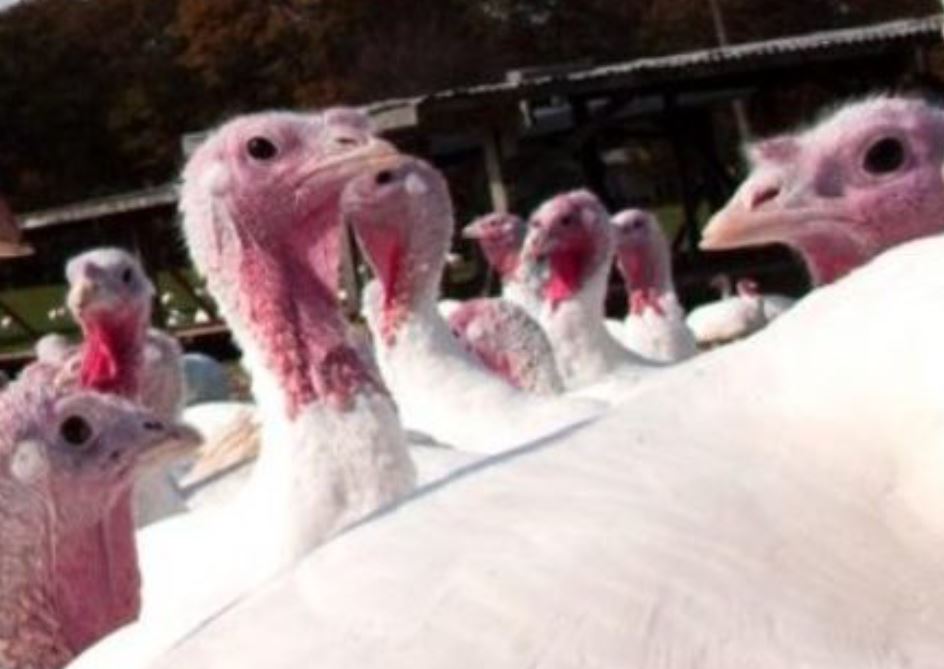Ireland is due to receive doses of a vaccine for people deemed to be at a higher risk of exposure to avian influenza (bird flu) due to their job in the coming months.
It was recently confirmed that the EU’s Health Emergency Preparedness and Response Authority (HERA) signed a contract for the supply of up to 665,000 doses of the zoonotic influenza vaccine, Seqirus.
The European Commission said that it will have the option for a further 40 million doses, if required, over the duration of the contract.
15 EU member states, including Ireland, are participating in the voluntary procurement framework with the company Seqirus UK Ltd.
Vaccine
The HSE National Health Protection Office has welcomed the agreement, adding that the vaccine is “an important medical countermeasure to prevent the spread of avian influenza”.
The office told Agriland that it has been working with stakeholders to prepare for the introduction of this vaccine in Ireland and “discussions are ongoing about the likely model of delivery”.
“As part of the initial agreement, Ireland has secured sufficient quantities of vaccine to support our future response to Highly Pathogenic Avian Influenza (HPAI).
“This has been funded at a member state level, and we expect to have access to the doses in the second half of 2024,” a spokesperson said.
The HSE said that the vaccines will be used according to public health advice to protect those people who are most likely to be exposed to bird flu due to their occupation.
“The use of this vaccine is intended to prevent the spread of avian influenza among people and to reduce the likelihood of outbreaks of disease occurring,” the spokesperson added.
Bird flu
The standing joint HPAI National Coordination Group (HPAI-NCG), including representatives from HSE, Department of Agriculture, Food and the Marine (DAFM) and the Food Safety Authority of Ireland (FSAI).
It monitors and advises on all aspects of bird flu, including the development of relevant guidance and maintains a regularly updated dynamic risk assessment of the threat posed by the virus.
Currently, the European Centre for Disease Prevention and Control (ECDC) assesses the risk of bird flu remains low for the general public, while the risk for those working with or exposed to infected birds and mammals is low to moderate.
Although bird flu activity is high at present in the US, it remains at low levels in Europe.
A multistate outbreak of bird flu in dairy cows was first reported in the US on March 25. This is the first time that these bird flu viruses had been found in cows.
The latest data from the US Centers for Disease Control and Prevention (CDC) 118 dairy herds across 12 states have been impacted as of last Friday (June 21).
Three human cases of influenza A(H5N1) virus infection have been reported in the US, following exposure to dairy cattle.
“The current situation involving the extensive outbreak of H5N1 in dairy cattle in the USA does not change our national risk assessment.
“However, the HPAI-NCG continues to closely monitor and assess the situation in conjunction with partners in Northern Ireland and ECDC,” the HSE said.
